The best smartwatches of 2019: Here’s our pick of this year’s top wearables
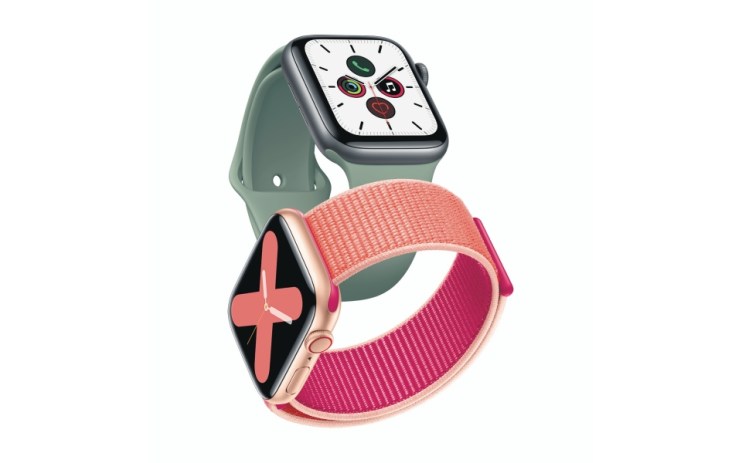
Smartwatches have come a long way since the bulky strap-on devices of just a few years ago, and just like our phones they’ve begun to take on more and more useful functions as the underlying technology improves.
Wearables have merged with fitness trackers, and have heroically untethered themselves from our phones by incorporating their very own GPS and storage, becoming lighter, thinner and more fashionable along the way.
So where do you start? Here’s our pick of the best smartwatches and wearables of 2019.
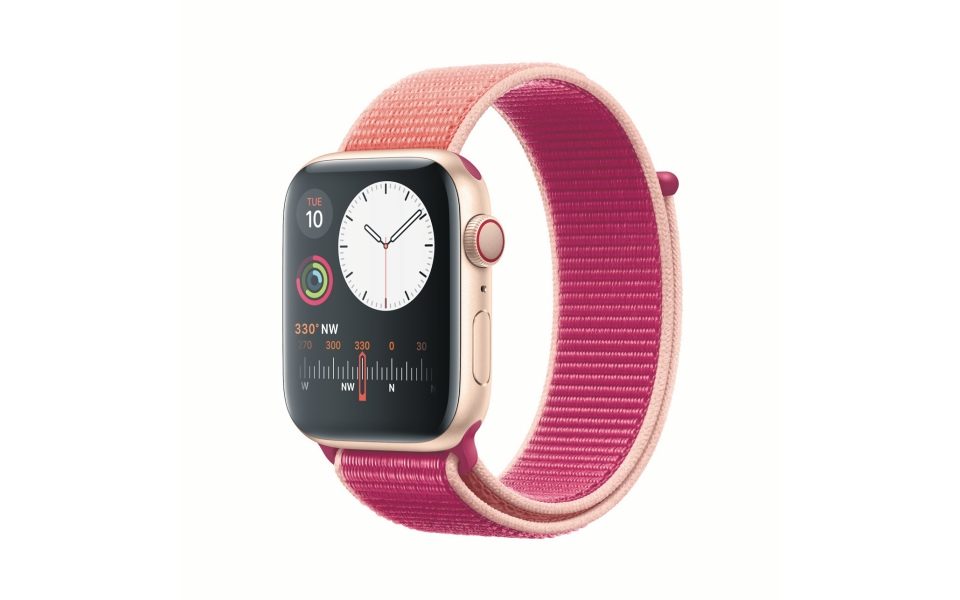
Apple Watch 5
From £399, apple.com
Apple does not do things by halves, so when it released its first Apple Watch in 2015 it was little surprise that it was the best all-round smartwatch on the market. The Apple Watch 5 is still the best out there – sleek, stylish and syncing perfectly with your iPhone. It now comes with an always-on display that adjusts to the ambient light and more storage to hold all your running tunes.
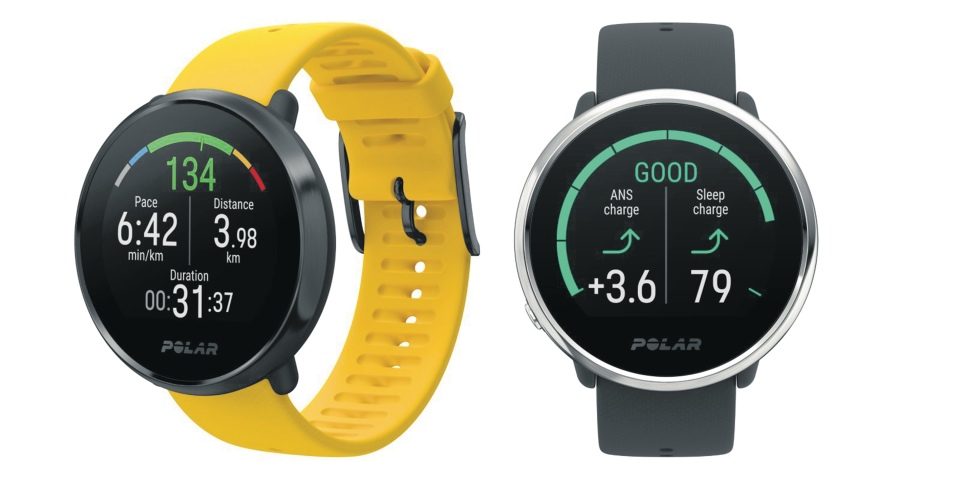
Polar Ignite
From £174.50, polar.com
This is one for those who are serious about fitness. Once known as a maker of heart-rate monitors for top athletes, Polar’s new Ignite wearable is its most accessible device to date, with dozens of built-in settings to monitor your performance during everything from swimming to weight-lifting. It also has an excellent sleep tracking mode that can help you to diagnose why you feel tired all the time.
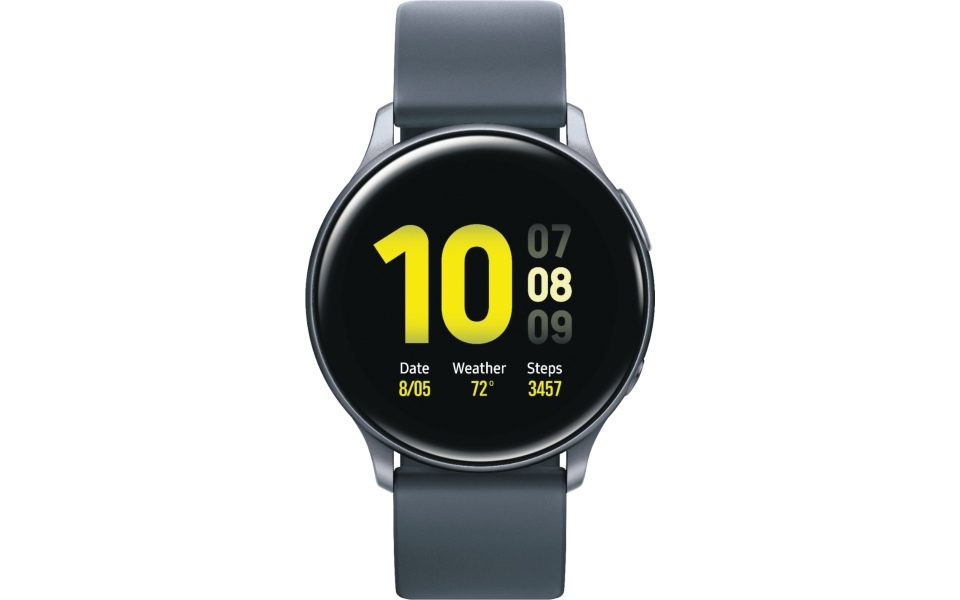
Samsung Galaxy Watch Active 2
£269, samsung.com/uk
Samsung’s fitness-focused smartwatch is now also its leading product in the wrist arena. If you want an Android watch that does absolutely everything, while not compromising on basic design and functionality, the Active Watch 2 is your guy. A radial dial is used to navigate the large, bright and legible screen, while every feasible manner of sensor ensures that not a shred of health data will go unmonitored.
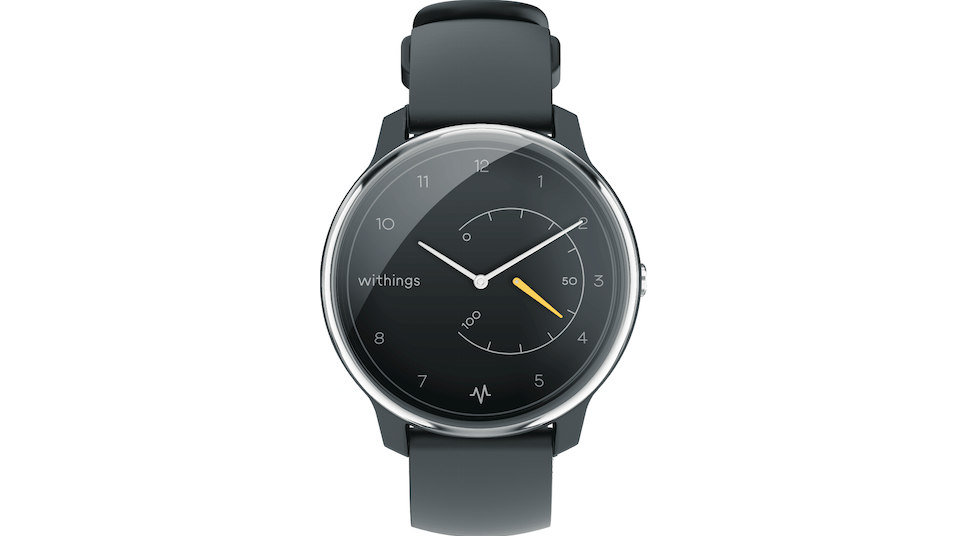
Withings Move ECG
£129, withings.com/uk
An understated and affordable analogue watch with a built in electrocardiogram, the Withings Move ECG can detect a dicky ticker in 30 seconds flat. It can also passively track your cardiovascular activity throughout the day, using machine learning to automatically recognise runs, walks, bike rides and even yoga sessions, logging them all in your mobile app. Long press the button and it will use your phone’s GPS to track your workout in even more detail.
Read more: Here’s the essential travel tech you shouldn’t leave home without
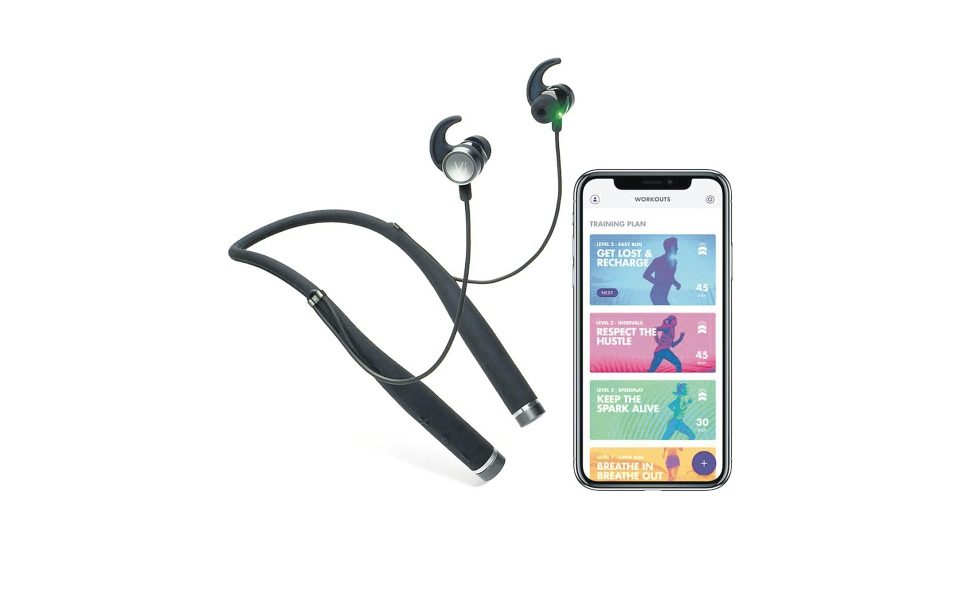
Vi Personal Trainer
£149 (plus subscription plan), vitrainer.com
The Vi Trainer gets an honourable mention here, as while this artificially intelligent PT goes in your ears rather than on your wrist, the app’s tailored running plans and live feedback are the most effective way to start running and keep up the habit.
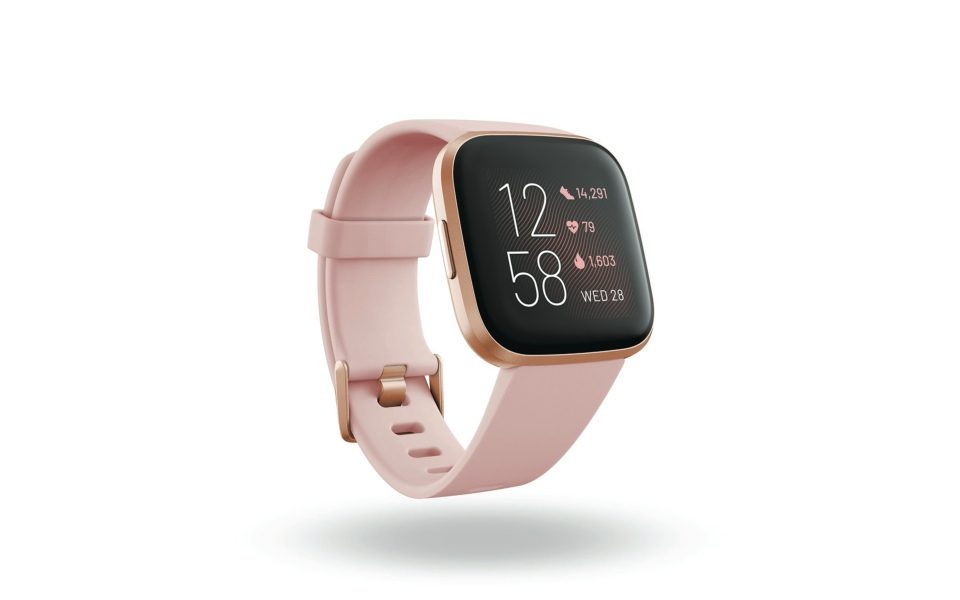
Fitbit Versa 2
£189, fitbit.com
Recently acquired by Google for $2.1 billion, signalling the search giant’s intentions to take on Apple in the smartwatch and health markets, Fitbit has been a household name in fitness wearables for years. The Versa 2 is the firm’s second true smartwatch, offering a little more than your entry-level step counter. Its low-profile and lightweight design looks the part, and its full featured services include fitness and sleep tracking.
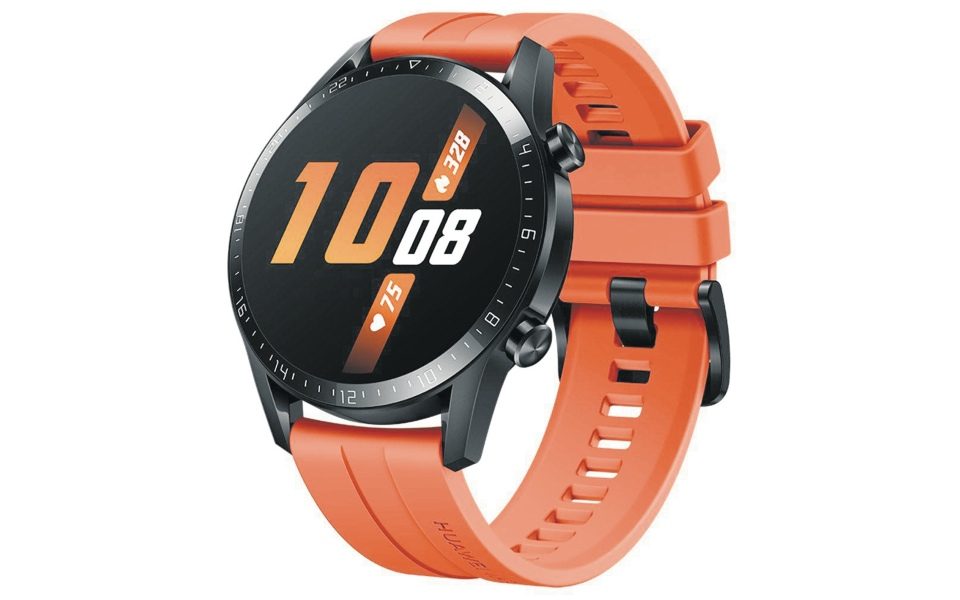
Huawei Watch GT 2
£199, consumer.huawei.com/uk
Huawei’s premium looking GT 2 is notable for its two-week battery life, a lifespan unheard of in a full-featured watch. It boasts a suite of health tracking sensors, from a heart rate monitor and sleep quality ratings to a count of how often you stand up. With in-built storage and its own dedicated GPS, you can leave your phone behind.